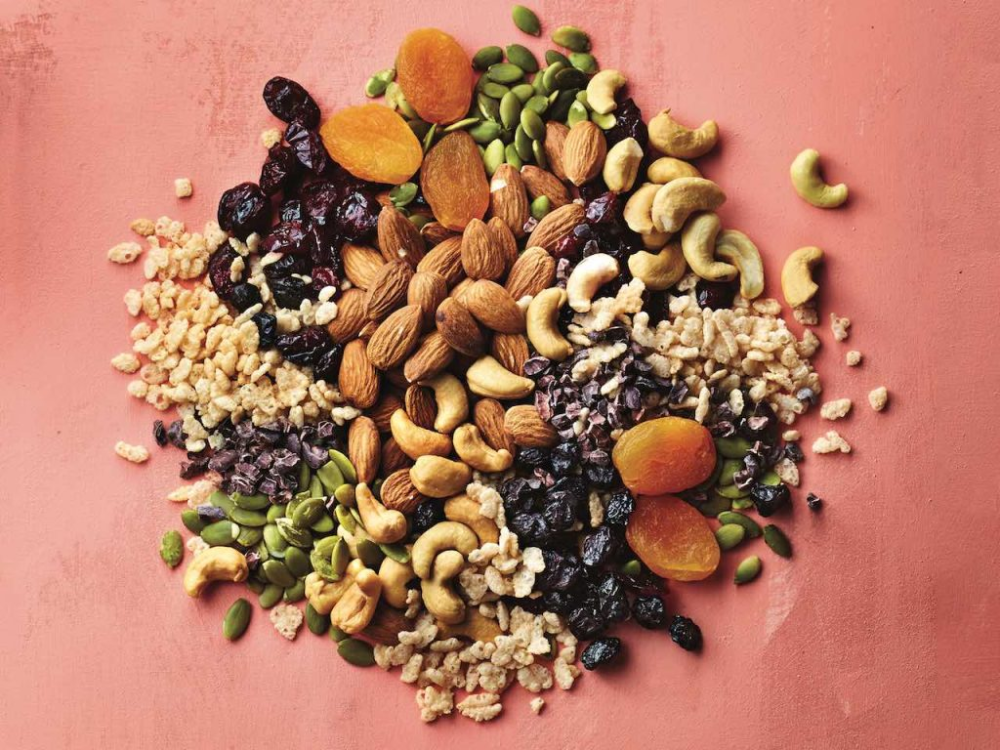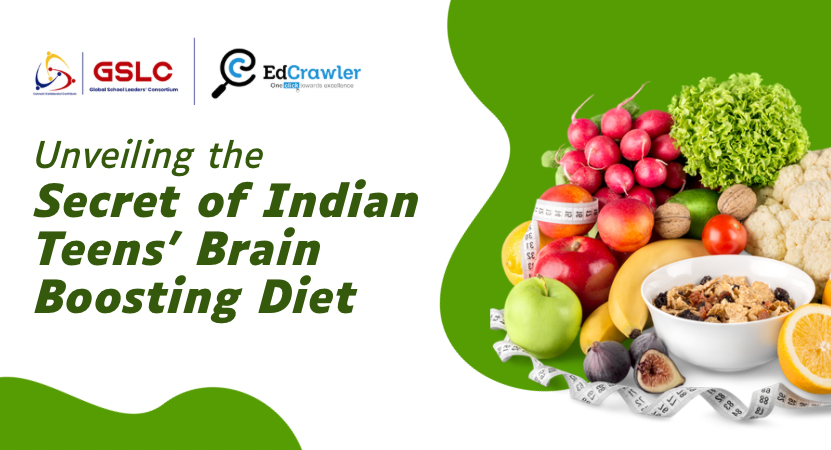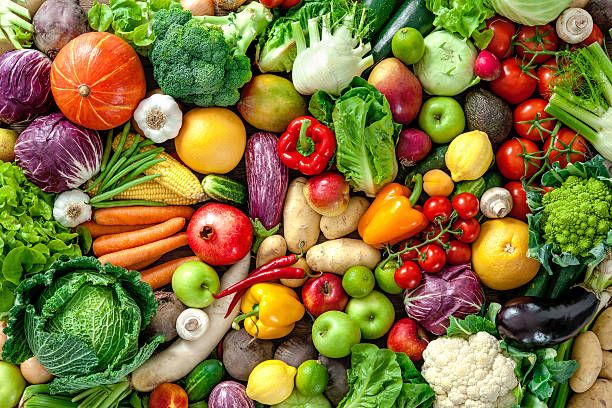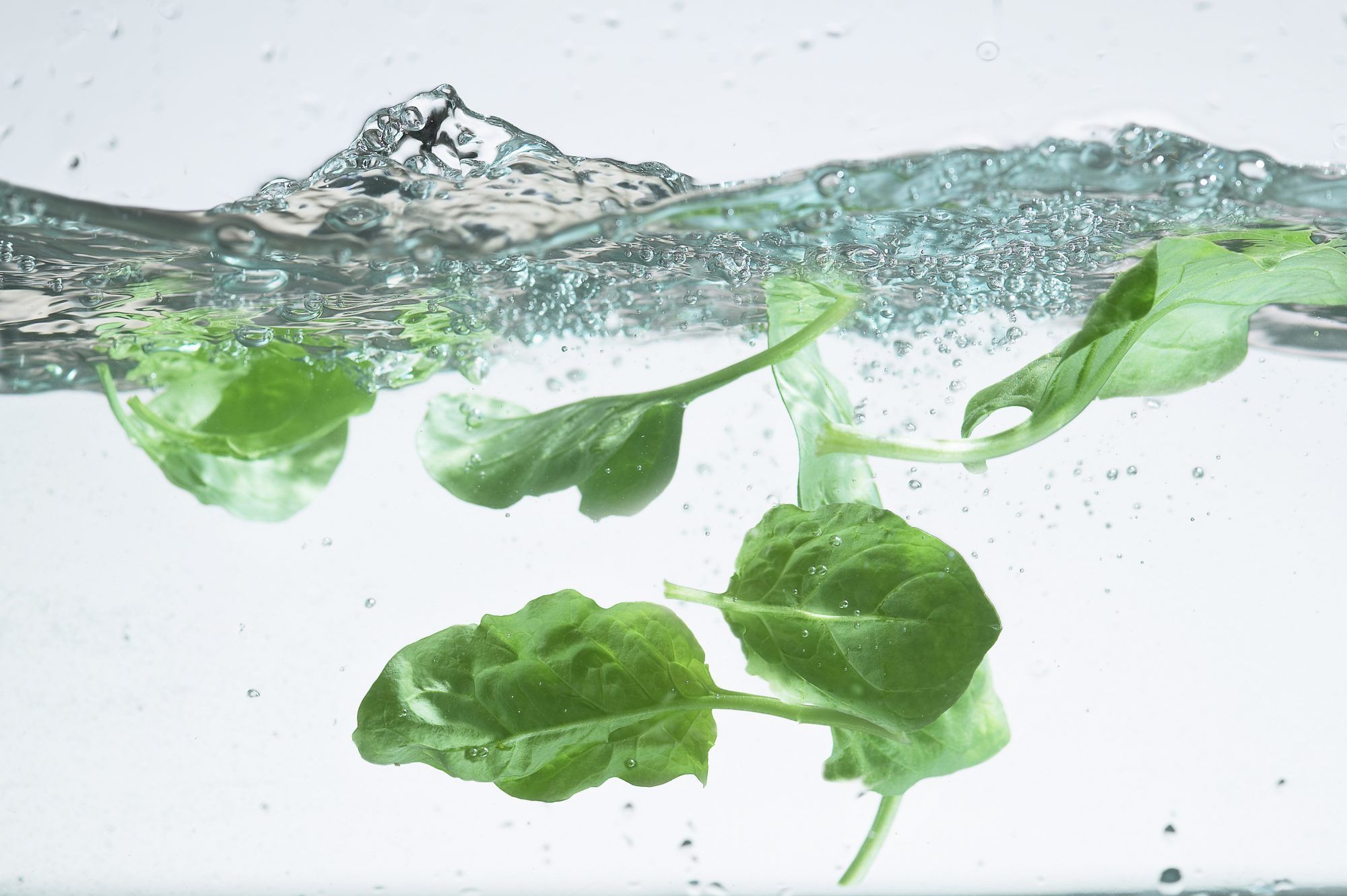Proper nutrition plays a pivotal role in the overall development and well-being of adolescents. During the teenage years, the brain undergoes significant growth and maturation, making it a crucial time to provide adequate nourishment for optimal cognitive function. Indian teens, in particular, face unique challenges as they balance academic pressures, extracurricular activities, and a rapidly evolving world. In order to thrive in this demanding environment, it becomes essential for Indian teens to adopt a brain-boosting diet that not only sustains their physical health but also nurtures their mental capabilities. By fueling their minds with the right combination of nutrients, Indian teens can enhance their focus, memory, problem-solving skills, and overall brain health. In this blog, we will explore the key components of an Indian teen's brain-boosting diet, empowering them to unlock their full potential and achieve success in all aspects of their lives.
Include Omega-3 Fatty Acids:

Omega-3 fatty acids, especially docosahexaenoic acid (DHA), are essential for brain development and function. These healthy fats play a vital role in maintaining the structural integrity of brain cells and facilitating efficient communication between nerve cells. They have been linked to improved cognitive function, memory, and attention span. Fatty fish like salmon, mackerel, and sardines are excellent sources of omega-3s. For vegetarian or vegan options, flaxseeds, chia seeds, and walnuts are rich in alpha-linolenic acid (ALA), a plant-based omega-3 fatty acid. Including these foods in the diet can support better cognitive performance and memory retention.
Embrace Whole Grains:
Whole grains are a rich source of complex carbohydrates that provide a steady release of glucose, the brain's primary fuel. Unlike refined grains, which are stripped of their fibre and nutrients, whole grains retain their bran and germ, making them a nutrient-dense choice. Opt for whole wheat, brown rice, oats, and quinoa instead of refined grains like white bread and white rice. These whole grains also contain important nutrients like B vitamins, which are crucial for brain health and optimal nerve function. B vitamins, particularly vitamins B6, B9 (folate), and B12, play a significant role in neurotransmitter synthesis, which affects mood and cognitive function.
Power Up with Protein:

Protein is essential for building and repairing brain cells, as well as maintaining focus and concentration. Including protein-rich foods in your teen's diet can ensure a steady supply of amino acids, the building blocks of proteins, which are involved in neurotransmitter synthesis and regulation. Opt for lean protein sources such as eggs, lean meats, poultry, fish, lentils, beans, and Greek yoghurt. Additionally, tofu and paneer (Indian cottage cheese) are excellent vegetarian protein options. The amino acids derived from these protein sources help regulate blood sugar levels and sustain energy levels throughout the day.
Load Up on Fruits and Vegetables:
Vibrant fruits and vegetables are packed with antioxidants, vitamins, and minerals that nourish the brain. These nutrients help protect brain cells from oxidative damage caused by harmful free radicals. Opt for a variety of colourful options like berries, oranges, spinach, kale, broccoli, bell peppers, and tomatoes. Berries, in particular, are known for their high levels of antioxidants, which have been linked to improved memory and cognitive function. Fruits and vegetables are also rich in essential nutrients, including vitamin C, vitamin E, and folate, which support cognitive function and protect against oxidative stress.
Don't Forget Nuts and Seeds:

Nuts and seeds are excellent sources of healthy fats, antioxidants, and vitamin E, which have been associated with improved cognitive function. Almonds, cashews, walnuts, pumpkin seeds, and sunflower seeds are nutrient-dense options that can be enjoyed as snacks or added to meals. These foods provide a combination of healthy fats, protein, and fibre that help maintain steady blood sugar levels and support brain health. However, it's important to consume them in moderation due to their high calorie content.
Stay Hydrated:
Proper hydration is often overlooked but is crucial for maintaining optimal brain function. Dehydration can lead to fatigue, difficulty in concentration, and decreased cognitive performance. Encourage your teen to drink an adequate amount of water throughout the day to stay hydrated. In addition to water, including hydrating foods like watermelon, cucumbers, and citrus fruits can contribute to overall hydration levels.
Minimise Processed Foods and Sugary Drinks:
Processed foods, fast food, sugary drinks, and snacks high in refined sugar can lead to energy crashes and impair concentration. These foods offer little nutritional value and can hinder brain function. Encourage your teen to opt for homemade meals with fresh, whole ingredients whenever possible. Encourage them to choose healthier alternatives such as homemade snacks like roasted chickpeas, fruit salads, or yoghurt with berries instead of reaching for processed snacks.
Additionally, it is essential to emphasise that a brain-boosting diet should be complemented by other lifestyle factors for optimal cognitive function. Regular exercise helps improve blood circulation to the brain and promotes the release of mood-enhancing neurotransmitters. Quality sleep is crucial for memory consolidation and mental rejuvenation, allowing the brain to recharge for optimal performance. Managing stress through techniques such as mindfulness, meditation, or engaging in hobbies can help reduce the negative impact of stress hormones on the brain.
An Indian teen's brain-boosting diet should encompass a holistic approach, incorporating not only nutrient-rich foods but also regular exercise, quality sleep, and stress management techniques. By nourishing their minds and bodies with these comprehensive strategies, Indian teens can unlock their full potential, enhance their cognitive abilities, improve concentration, and set themselves up for remarkable success in both their academic and personal pursuits.
Remember, a healthy brain begins with a healthy lifestyle.
Powered by Froala Editor






%20-%20Personal%20Excellence.jfif)